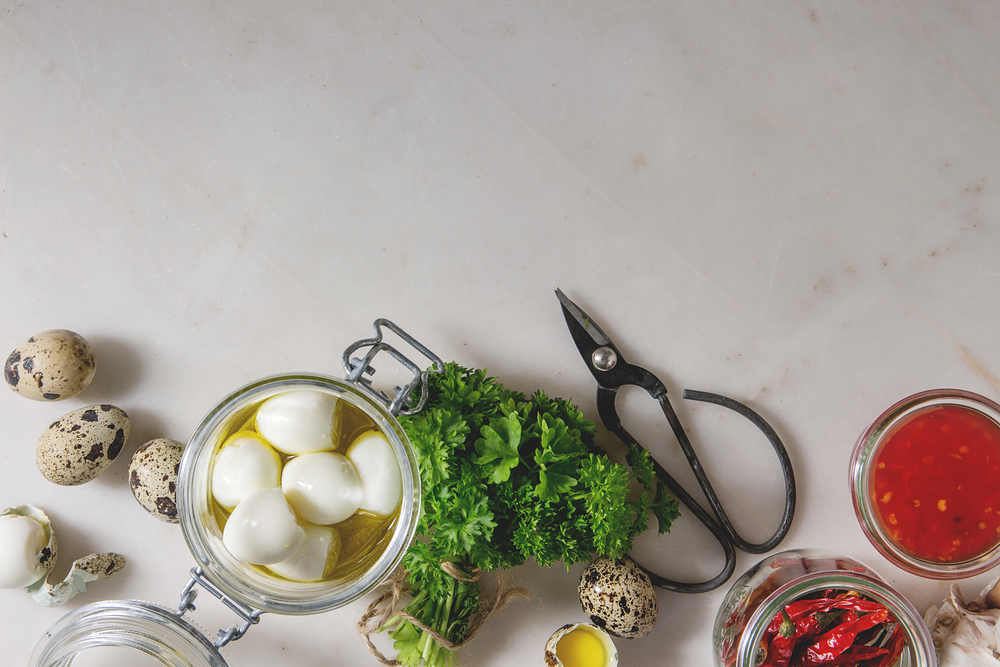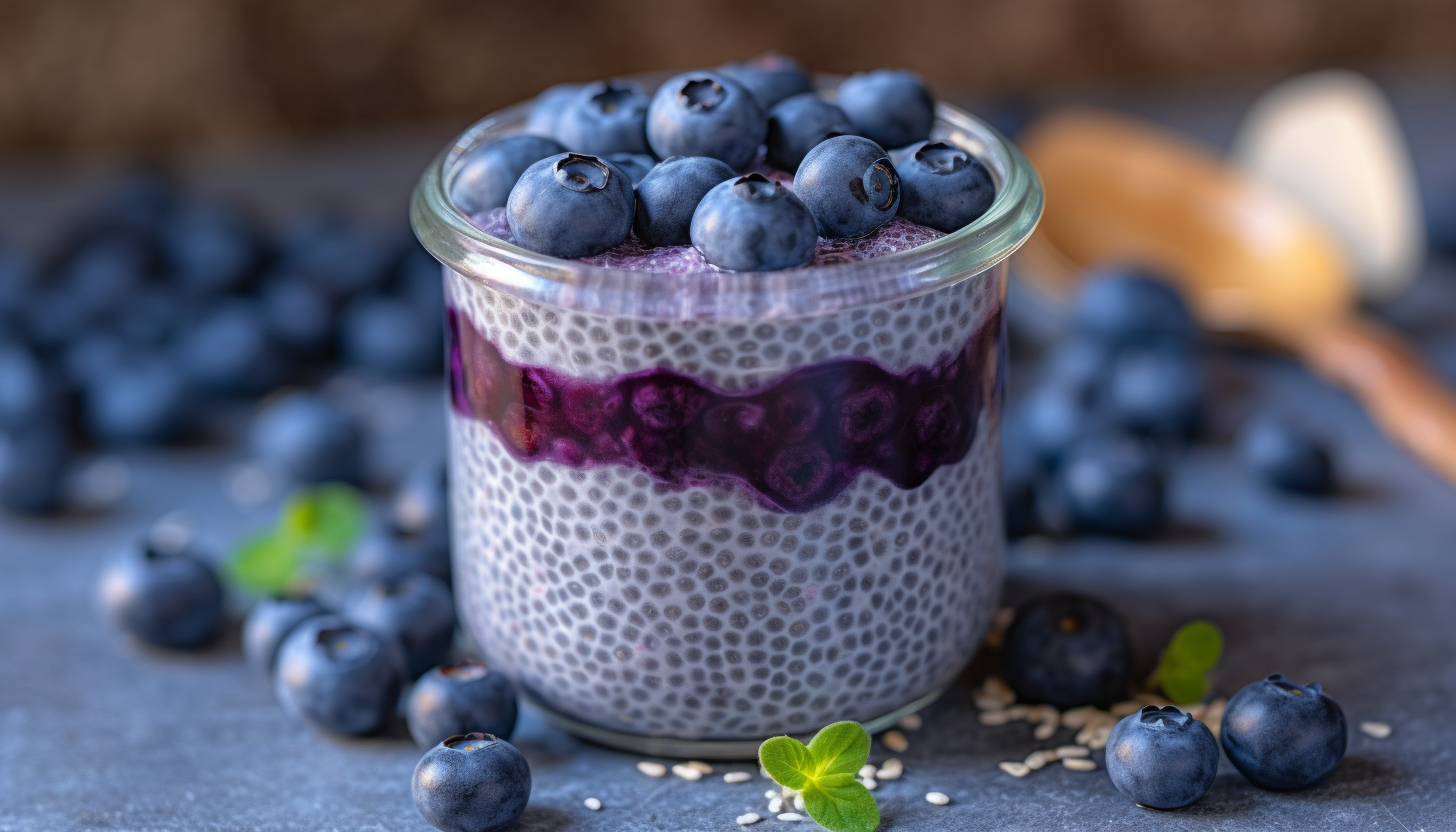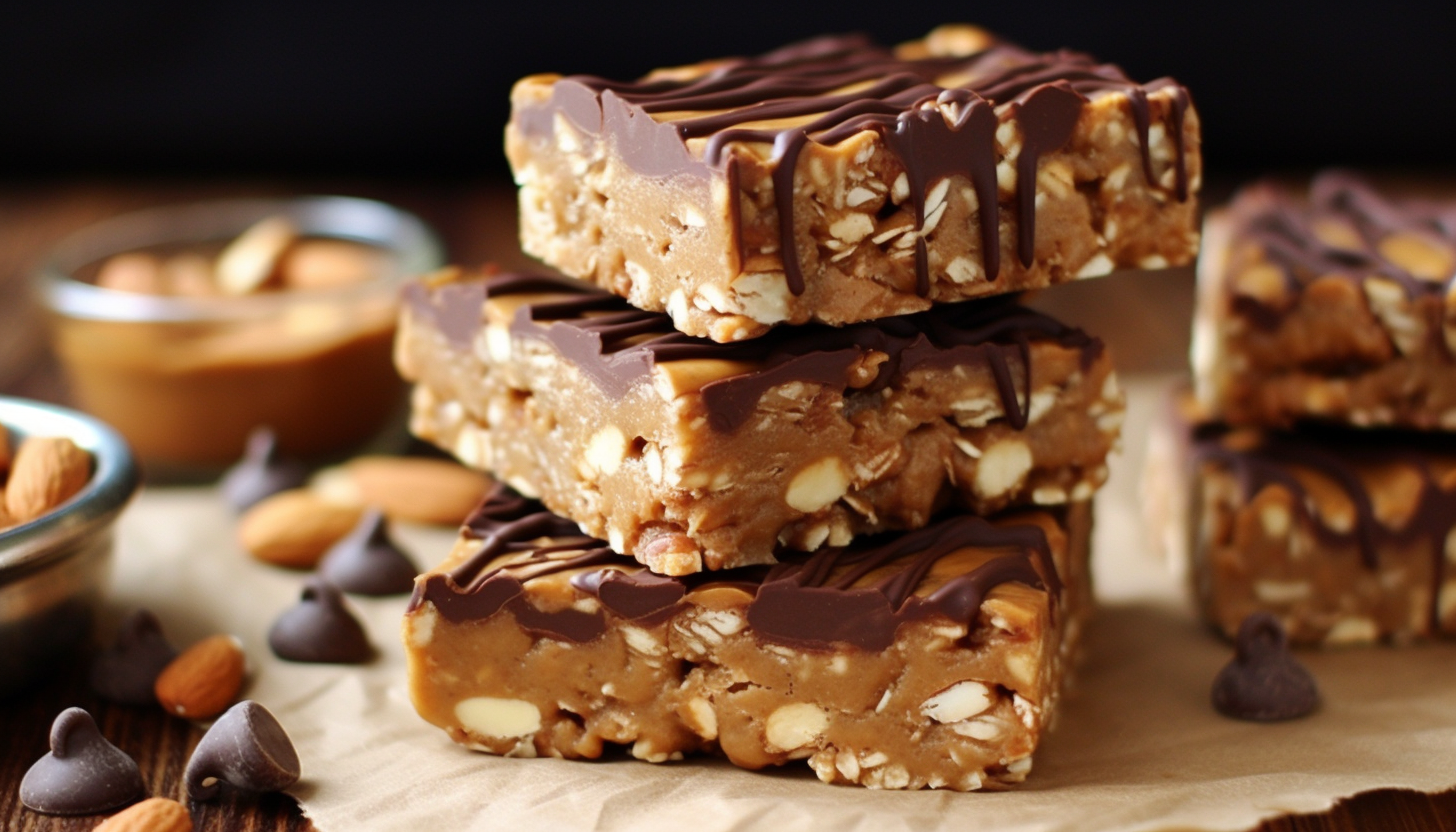My husband loves pickled eggs. I was never a huge fan- always likening their taste to a picture in my mind of the wagon driver in Dances With Wolves. I love hard-boiled eggs with vinegar, but the thought of a “canned” egg just didn’t make me jump with glee. That’s when I started researching fermented pickled eggs.
I have never been able to find jars of pickled eggs that we liked in a store either. Since I don’t have a canner and have no desire to get one, making pickled eggs was just out of the picture for us.
That is until we started Lacto-fermenting veggies. I started thinking of all the different foods that were probably preserved in brine before the canning process we know today was developed. Since it was likely that eggs were originally dry-packed in salt or stored in brine to preserve them, it is the Lacto-fermented egg that is the true pickled egg.
I didn’t have to mention my idea twice to my husband- he was immediately on board. So, we gathered some basic supplies and began our adventure.
Here is what you will need:
- 1 half-gallon mason jar with lid and seal
- Large stockpot to boil eggs
- 1 dozen fresh eggs (or however many you want to ferment)
- garlic and dill
- kosher salt (preferably iodine free)
- distilled water (you can use tap water if your water source is pretty good)
To start things off, you are going to boil your eggs. Actually, boiling is a misnomer because you want to just simmer and then turn off the heat. The hot water will cook your eggs to perfection. This video explains it well:
After your eggs are cooled, peel them and gently rinse them to get rid of any little specks of the shell. If there are little cracks or flaws from peeling don’t worry. As long as your eggs are not breaking apart down to the yolk they will pickle just fine.
Here is the recipe for the actual fermentation process:
Simple Easy Fermented Pickled Eggs Recipe
Ingredients
- hard-boiled eggs peeled and cooled
- distilled or tap water
- kosher salt
- garlic cloves peeled (about 5 cloves per dozen eggs)
- fresh or dried dill weed
- half gallon mason jars
Instructions
- Place 2-3 cloves of garlic and a few sprigs of dill at the bottom of your mason jar(s)
- Pack eggs into a jar, adding more dill and garlic in layers
- In a pitcher or pyrex measuring bowl, mix 1 tsp kosher salt into 2 cups of water
- Pour salt brine into your jar. Repeat these last two steps until the brine covers the eggs. Make sure to leave about 1 inch of headspace at the top of the jar to allow for gases to be released. Put the seal on top of the jar and screw lid on securely, but not too tight.
- Set the jar(s) in a cool dark place for about 3 days. Check after 3 days for signs of bubbling. Ferment to taste.
Tips:
Your eggs will not bubble as much as raw veggies do because they are already cooked. If you see what appears to be bubbles on the surface of the eggs, you have fermentation!
You can add whey to help speed up the process, but I have found that I don’t like the taste of whey in my products. To each his own I guess.
People are often concerned with fermentation and the risks of spoiled food. If you make sure to clean your jars well, keep an eye out for bad produce/food, and always smell before you eat– you will be fine. Your fermented food should smell a little sour. It has been said that any spoiling will make the jar smell so bad that you would be crazy to try to eat it! Many canning books and publications from the government use scare tactics to keep people from attempting to ferment. This is a natural process- more natural than pasteurization or pressure canning.
So- the big question on your mind now is, “How do they taste?” I only tasted one, but they were surprisingly good. They are not as tart as the vinegar kind, but they have a certain tingle that makes them very tasty.
My husband and oldest daughter approved- they ate the whole jar in a few days, garlic cloves and all.

- The Importance of Developing a Sober Mind in Our Students - February 22, 2019
- Teaching Children At Natural Development Points - February 21, 2019
- Dealing With The Fears Of Unlimited Game and Media Time - January 20, 2019




Cool, dark place? Like the refrigerator or more like the kitchen counter?
Kitchen counter is fine, it doesn’t have to be dark…..after they are fermented to your taste, put them in the fridge.
I fermented My eggs to days ago , everything seems to be OK , i kan SEE dere is fermetation and Much gass but i am Worry about One ting . The water or The is trumble ” WHY ? I folowed the receipe above and hope to be god !
Have you ever tried pickling eggs in the brine leftover from other lacto-ferments? I’m thinking they would taste great in the garlic carrot flavored brine I have in my fridge right now……now you have me really thinking. Beet and onion brine would make pretty pink pickled eggs……
I made them and they taste great but now after about 2 weeks in the fridge the whites have a cheesy texture? There is no oder and they taste fine. Did yours do this as well?
Ours didn’t last two weeks! But I have had a batch that didn’t ferment and it smelled horrible. I would say that if they smell and taste fine- they are fine. It is probably a reaction to the fermentation process, which continues even after refrigeration.
I had a batch that didn’t ferment either. It was just plain eggs and salt water. I’m not sure an egg will ferment by itself because it has no sugar or carbs…don’t really know. When I added dill, onions, etc then the fermenting took off. They taste great and I thank you for the recipe!
Maybe eggs don’t ferment without some produce because the eggs are cooked, and that killed off everything.
I don’t see proportions for making the brine… what is the ratio of salt to water?
It is 1 tsp kosher salt into 2 cups of water
Lactobacillus bacteria live on cucumber skins so that is how dukes are able to ferment naturally. How is the Lacto bacteria introduced in this method?
Lanny, the dill and garlic introduce it. Or, you could give it a kickstart with a bit of brine from other ferments.
Thanks! I’ll do both. So i guess Lactobacillus lives on other veggies besides cucumbers.
I’m going to have to run into these somewhere and watch somebody eat one. Monitor them for 24 hours and if they are alive I’ll eat one. I’m pickling mine with vinegar, salt, dill and spices for the moment. I’m not sure this would give me enough flavor.
Hi! I just got some quail eggs, which happen to be very small. My farmer said to boil them and then soak them in vinegar for a while (I don’t remember how long) to make the shells disappear. He said peeling the hard boiled eggs would result in shredded eggs because of their size. Have you tried anything like this before? I want to try the pickled eggs, but I’m feeling a little trepidatious! 🙂
I learned to make pickled eggs in the brine from pickled beets as a child. I’ve been wondering about lacto-fermenting them. I think I’ll try fermenting eggs with beets! I love the pink color that it gives the eggs!
Laura @FermentaCap
Reply
That does sound good. Let me know how it goes!
What is the difference between this and using Pickle Juice? I have always pickled my eggs in the leftover pickle juice from a jar of pickles from the store.
Steve, most eggs from the store are pickled using vinegar. These eggs are pickled in a salt brine and using a process called fermentation. The veggies in the recipe are required with the eggs, since the eggs themselves do not carry the natural beneficial bacteria that are required to “pickle” them.
Are the eggs still ok if the brine turns cloudy?? Some of my eggs were cracked so I believe that is why it is cloudy, just don’t want to make myself sick 🙂
Rena, hard to say without seeing and smelling. If the eggs are bad they will smell bad. Make sure you include the garlic and dill (they are what contain the natural bacteria needed to ferment) and don’t eat anything that smells bad, and you should be fine.
It smells fine and I did use the garlic and dill.. I’m thinking its just the yolks that caused the cloudiness 🙂 . Thanks for replying 🙂
Great! I’d LOVE an update on how they turn out for you. Good luck 🙂
Cloudyness is good! It’s the bacterial bloom from fermentation. It happens with all ferments. As long as smell and taste are good, it’s perfect!
Lactic acid fermentation is a process that converts starches to acids, thus preserving the food. Where are the starches in this recipe? To my understanding, there are not enough carbs here to yield a safe level of acidification. I do not think this recipe is safe. Eggs should be pickled in a leftover sour brine or in vinegar, and always in the fridge. I hope nobody is made sick by this recipe. If you want to ferment eggs using a traditional and safe method, google Chinese Century Eggs. Otherwise, old fashioned vinegar (which is one of the oldest fermented foods, far older than sauerkraut or pickles) is the best choice.
Hey so I made some lacto fermented pickled eggs, not this recipe but similar enough. But my egg whites turned very mushy. It tastes great and the beets and ginger are great. Does anyone have any ideas for non mushy eggs for next time.
I just followed this recipe this evening but the brine was not enough to cover the eggs so I added another 1.5 cups water with another 1.5 tbsp salt. My jar was too big and there is quite a lot of room for oxygen to the top of the vessel. And on top of that, my eggs are floating at the surface. I’m scared they’ll get moldy! Please help!
I was thinking about this… hickory smoke salt brine. Possible a little liquid smoke and some types of peppers.
Can I reuse my fermenting.brine from last batch of eggs to ferment another batch of eggs? Do I have to let come to room temp? This was the recipe with garlic & dill. Thank you!
Yum! Pickled eggs, if done right, are the best snack ever. There’s a famous restaurant in DT Los Angeles called Philippes. It’s an old german deli that serves them. They are to die for. I stop there every time I’m in So Cal.
I tried this and can’t tell if I did it right or not. Is it normal to have a slight film and cloudiness in the water? I didn’t put the lid on but covered it with a cloth…could this throw off the process? They don’t smell awful, just a bit odd but that might just be the garlic. Thanks for the advice.